by Barbara LaMonicaAssistant Archivist Built for $9,000 in 1892 by a consortium of local businessmen, the Huntington Opera House was a nexus for local as well as outside talent, distinguished lecturers, concerts, high school graduations, poultry and horticulture shows and political rallies. However nary an opera was performed there. In the 19th century, theaters were often called opera houses because opera was seen as carrying a hint of cultural sophistication, while theater was still considered somewhat disreputable. In 1910, the Opera House burned to the ground. The fire, discovered around midnight is believed to have started in a cloakroom. The wooden structure burned with such ferocity that it was considered a miracle the rest of the block, consisting of various stores, was not also consumed. This was thanks to the efforts of the Huntington, Halesite, Fairground, Cold Spring Harbor, and Centerport fire departments. The firefighters laid half a dozen lines of hose to wet down the adjoining buildings, thus keeping the fire contained. Some buildings were saved by a fortuitous northwest wind that carried the sparks far above and away from the street. A March 18, 1910 editorial in the Long Islander advocates strongly for a new opera house as “Such a large, rapidly growing and prosperous village as Huntington cannot do long without an Opera house.” The editorial continues with recommendations for a new structure that should “be a modern, fireproof structure that will meet all the requirements of the community for twenty-five years to come by which time Huntington will be a thriving city.” As far as financing, the editorial suggests the stockholders use the insurance money, (it was insured for only $5,000), and sale from the ground to build a larger modern building on New York Avenue or Main Street. Further funding could be obtained through donations and subscriptions. Shortly thereafter, the directors of the Opera House Company met and were of the opinion that a new structure, estimated to cost $25,000, would be a losing proposition. Stockholders complained that the demands for a larger, fireproof building with upgraded fixtures and a $500 piano came from people who never put in a penny. Furthermore, stockholders only received one dividend at a rate of five percent but in the meantime have paid assessments at fifteen percent. Consequently, they resolved that a new Opera House not be constructed.
0 Comments
March is National Reading Month! By Barbara LaMonicaAssistant Archivist Soldiers and Sailors Memorial Library The Huntington Public Library began as one of the oldest libraries in Suffolk County. The original library’s ledger book contains a copy of a covenant dated June 29, 1759 establishing a subscription, or private, library funded through membership. Rev. Ebenezer Prime, one of the original signers of the covenant, was appointed Library Keeper in charge of membership and the purchasing of books. The library opened with 39 subscribers and a collection of 71 titles, mainly comprising works on divinity and history as stipulated by the covenant. Notably missing were any works of fiction or poetry. The initial subscribers represented some of the prominent and wealthier families in the community including the Platts, Rogers, Scudders, Brushes, Woods, and Ketchams. Evidence that the library was unusual for its time is the acceptance of women as initial subscribers with “equal right with his or her co-subscribers to improve and make use of the library”. The library was the only institution at that time in the town that gave full rights to women. The library survived until 1782 when under the British occupation Rev. Prime’s home was commandeered as British headquarters, and presumably, the library was destroyed during this time. By 1801, a new group was formed to revive the library. Rev. William Schenck was elected chairman, presiding over ministers and prominent families in keeping with the general religious character of the library to date. The new library, situated on the town green had 23 members. Historical documentation is sketchy but it seems this library also dissolved. In 1817 a larger library with 57 subscribers, (many of them heirs to the original members), was formed and housed in the librarian’s home. Station Branch opened in 1929 at 1351 New York Avenue
|
AuthorThis blog has been written by various affiliates of the Huntington Historical Society. Categories
All
Archives
April 2024
|
Become a Member
Donate Today!
Signup For Our Newsletter
Thanks for signing up!
© Huntington Historical Society. All rights reserved.
The Huntington Historical Society gratefully acknowledges the Town of Huntington for its steadfast support.
The Huntington Historical Society gratefully acknowledges the Town of Huntington for its steadfast support.
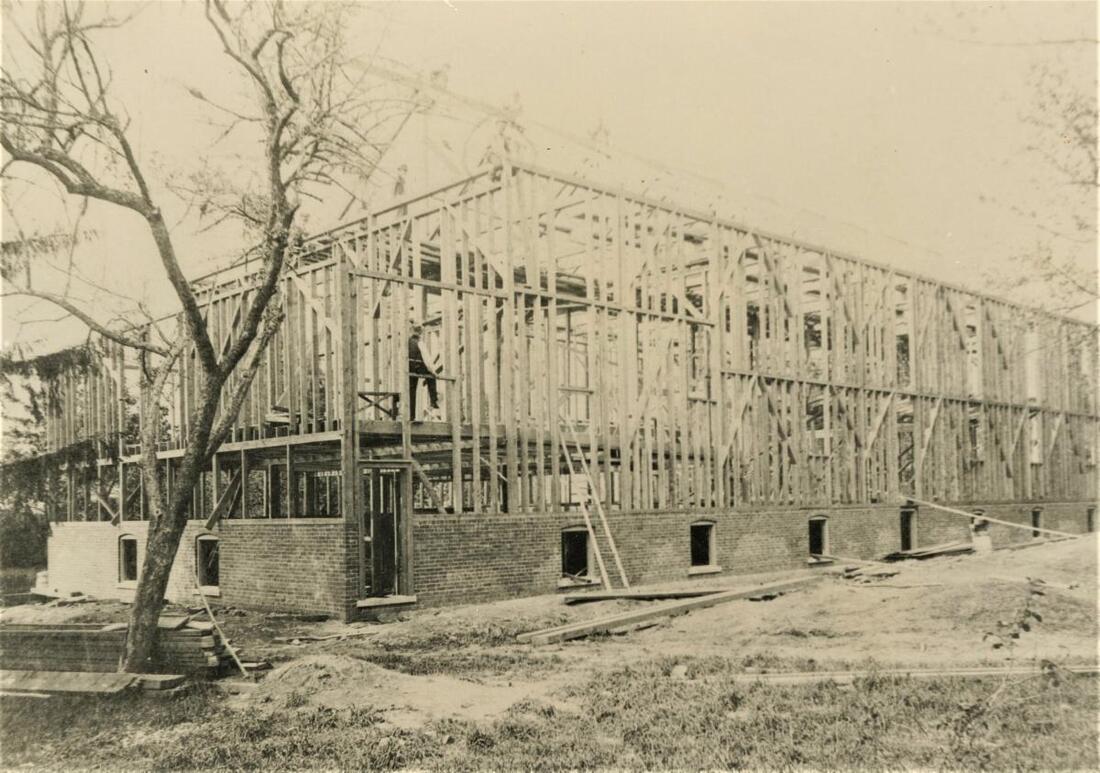
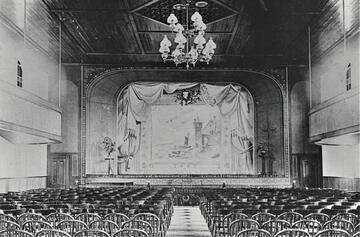
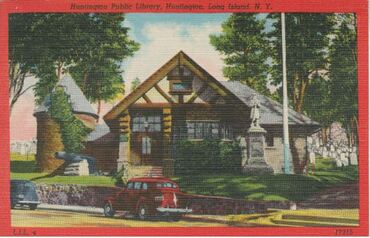
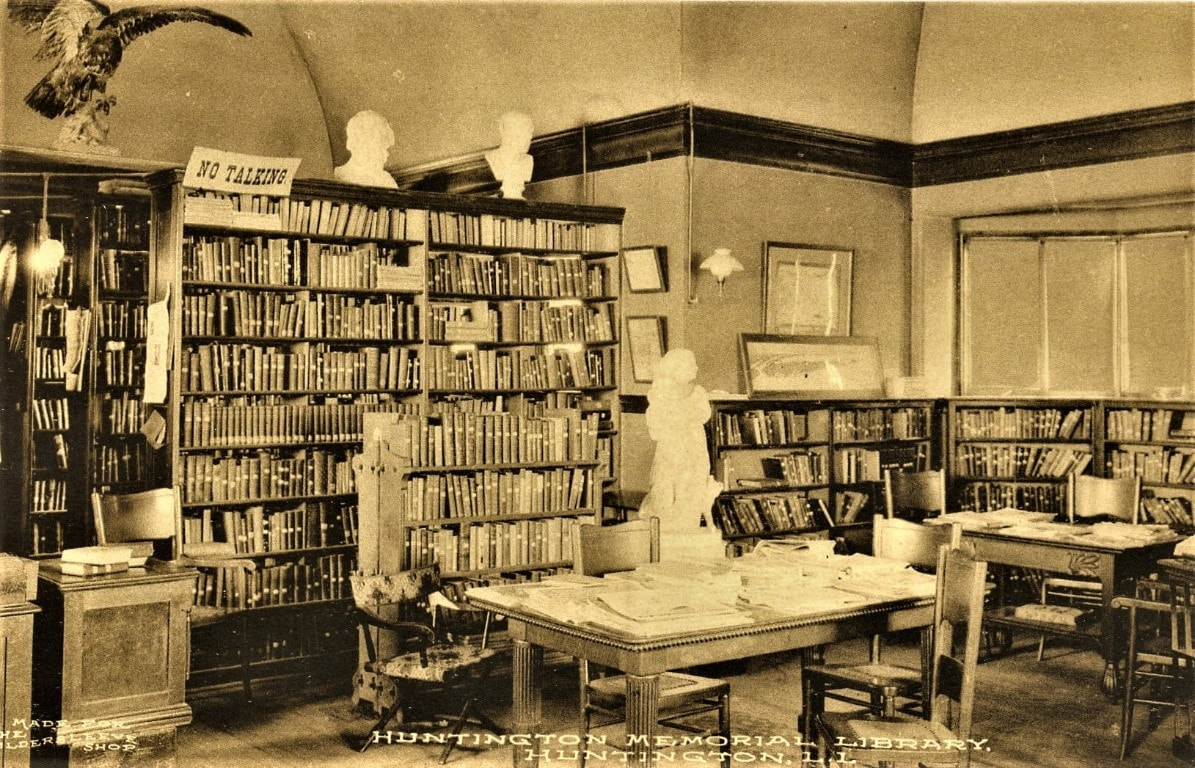
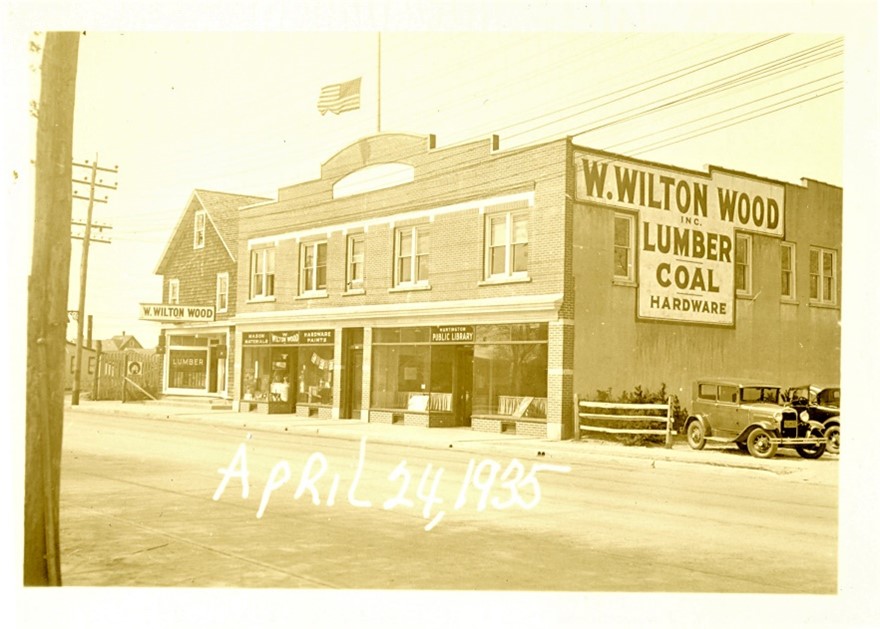
 RSS Feed
RSS Feed
